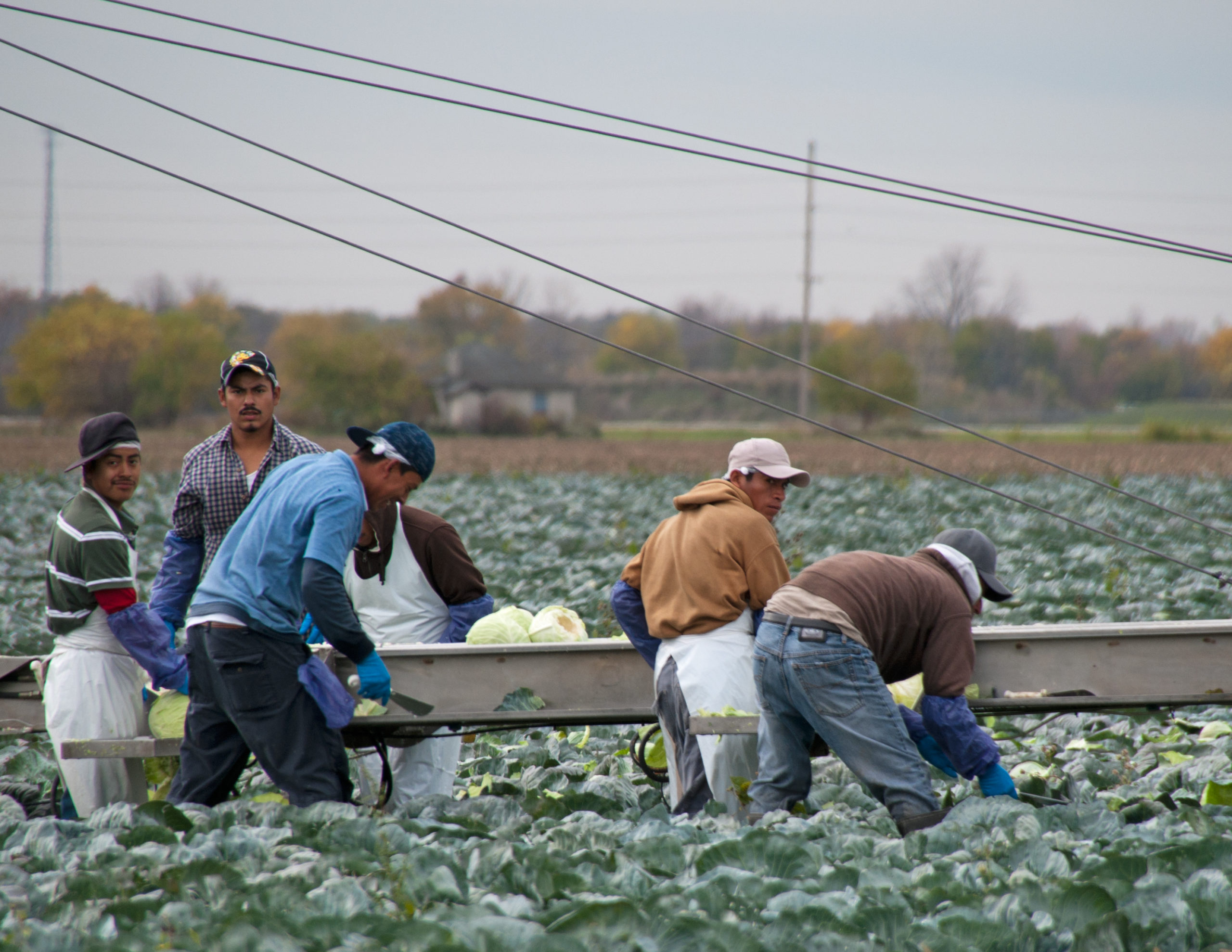How COVID-19 Affects Migrant Workers
 Over the past several months, there have been many media stories about how the ongoing pandemic has impacted the American economy, as well as many others around the world. Any reader is likely aware of how harmful the crisis has been to many working- and middle-class people in America. One group that has not received as much attention, however, are migrant workers. Not only have migrant workers been made more vulnerable than usual in the current climate, but their struggles have also intersected with poverty on a global scale.
Over the past several months, there have been many media stories about how the ongoing pandemic has impacted the American economy, as well as many others around the world. Any reader is likely aware of how harmful the crisis has been to many working- and middle-class people in America. One group that has not received as much attention, however, are migrant workers. Not only have migrant workers been made more vulnerable than usual in the current climate, but their struggles have also intersected with poverty on a global scale.
Migrant Workers During COVID-19
What makes this situation an international crisis rather than a solely American one is remittances. Many migrant workers travel from developing nations to more wealthy ones, where they can earn more money or simply find jobs in order to support their families. These workers send part of their paycheck back home to their loved ones, many of whom live in extreme poverty. Last year alone, migrant workers across the planet sent home $554 billion. This is over three times the amount of international development aid given by wealthy nations. Importantly, remittances frequently go toward crucial essentials, like food, education and medicine.
Experts predict that COVID-19 will be one of the factors that lead to the first global increase in poverty in over 20 years. Migrant workers were already living in difficult conditions prior to the outbreak, and recent events have worsened their circumstances. Many put themselves in danger in order to travel abroad to provide for their families. Furthermore, all of the migrants in the U.S. without Social Security Numbers were ineligible for the stimulus checks sent out in early 2020. When migrant workers are unable to support their relatives back home, their families — who in many cases had to pool resources to “invest” in a family member traveling abroad — are plunged even further into poverty.
A Potential Solution
However, state legislators have the opportunity to provide leadership on how to properly support migrant workers in the U.S. during this time. In April, Massachusetts Democrats put forward Bill H.4726, or “An Act To Provide Equal Stimulus Checks to Immigrant Taxpayers” in the Massachusetts state legislature. The bill would provide financial stimulus support to undocumented taxpaying Americans. Though not all migrant workers are undocumented, this bill would serve as a policy response to the crisis that includes undocumented workers who pay taxes.
Legislation like this, paired with an extended and expanded financial stimulus plan, would help to combat poverty at home and around the globe. No matter what someone’s immigration status is, they should be able to rest knowing that they and their families, wherever they may be, will not get sick or go hungry. Massachusetts still needs to vote on this bill, but its very existence shows that the United States is not powerless in this situation.
The Role of the US
The United States has the ability to help impoverished people in developing nations, who are suffering in numerous ways from the COVID-19 crisis. U.S. support does not just have to come in the form of international aid, as our domestic affairs impact the rest of the world. By making sure that migrant workers are included in coronavirus relief efforts, the U.S. would help reduce poverty among migrant workers and their families.
– Brendan O’Halloran
Photo: Flickr
